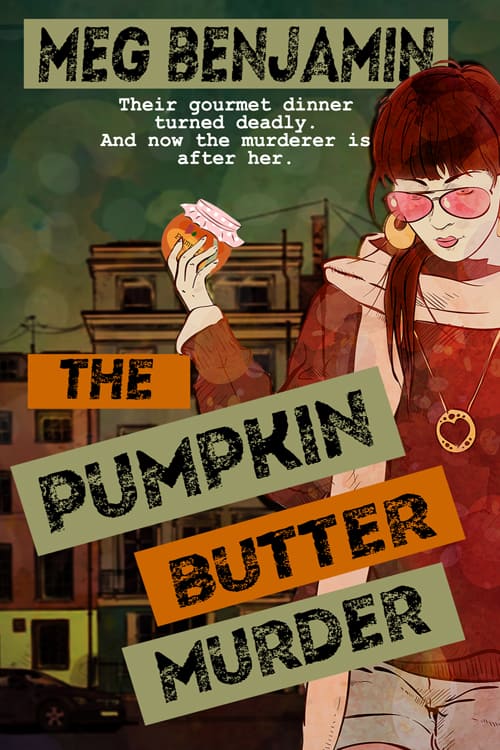The Trouble With Sex
I’m a romance writer, which means I write sex scenes. It goes with the territory. It’s also the hardest part of my job.
Why? Despite the usual heavy-handed jokes (“Bet you do a lot of research, har, har, har”), trying to come up with an interesting way to describe sex between your hero and heroine is usually tough. Add to that the fact that the rules against head hopping mean that you have to stay with one POV for at least a large part of the scene—you can’t show what both of your characters are feeling, or at least you can’t do it simultaneously. And then there’s the fact that I write contemporary romance rather than erotica. That means I’m limited in the kind of sex my characters can have. No ménages, no exotic sexual accessories, no acrobatic positions. Actually, that’s not something I get wistful over. The thought of having to come up with something new and different each time my characters get busy makes me cringe.
Then there’s the whole vocabulary problem: what do you call genitals anyway? When the Nine Naughty Novelists did our first serial (The Zillionaire Vampire Cowboy’s Secret Werewolf Babies) we had a lot of fun using outrageous euphemisms for body parts, but in reality there’s a very thin line that most of us have to walk. Usually, you can’t use the more clinical words for genitalia without sounding like a sex ed textbook. On the other hand, certain euphemisms are too raunchy for regular romance, although they’re permissible in erotica. Predictably, there are more acceptable words for male genitalia than there are for female, so you have to make do with certain generalities (e.g., “opening” or “core” or “nub”). Sometimes they work, but sometime it sounds like the sex is taking place in a very dark room with a couple of people who have no idea what they’re doing. Jennifer Crusie once wrote a blog post about saying something like “his sex” to describe male genitalia and how it seemed to reduce the male character to his genitalia alone. But using a phrase like that is a mark of how desperate you can become in trying to find a word that’s both acceptable and specific.
And then there’s the actual act itself and the description thereof. The toughest part in doing this is not falling back on the same description you used in the last book or the one before that. Actually, I know one prominent and quite successful romance writer who basically writes the same sequence of moves in each of her novels. Nonetheless each of her books includes longer and longer sex scenes, largely because she concentrates on the feelings of the protagonists rather than the actual physical activities they’re engaging in.
That’s a good strategy, but again it has its down side. Unless you’re into something tantric, the average sex scene can only go on so long, particularly if it’s a sex scene in a genre other than erotica. The more time you spend talking about how neither of your characters has ever felt anything this wonderful in their whole, entire lives, the more you bog things down.
I remember once having a conversation with some other writers in which we concluded that what we’d really like to do is write something like “And then they went into the bedroom and had the absolute greatest sex they’d ever had. Afterward they slept in each other’s arms.”
Sigh. Don’t worry. I won’t do it. But don’t think I’m not tempted.
Posted in Blog • Tags: On Writing, romance novels, sex scenes | 7 Comments







Ah yes. The dreaded intimate scene. You’re right. No matter how many ways you pose the prose you still have to insert Tab B into Slot A, and make your readers squirm.
Keep up the good work, Meg. See you in the writer’s circle.
Maddie
Tab B and Slat A–yep, that sort of sums it up!
Maintaining the tension is always hard for me. I like writing the foreplay, but the act…and then I use “hands” and “fingers” too much, but hey, what ELSE are you touching with??
LOL, MJ!
I recently finished my first mainstream contemp and had this discussion with a writer friend who read it. She insisted I call the parts something more specific. Nope, I wouldn’t do it. I can’t write one kind of book for 270 pages, switch to steamy erotic romance, then back to a nice simple contemp.
I guess I could, but if I were a reader and that happened in a book, I’d be quite thrown. I don’t close the bedroom door, but I’m not cranking the heat level to something that wouldn’t fit the characters or the rest of the story.
I don’t think most readers expect that. In fact, I think a reader who bought a book she figured would be at a particular heat level might be a little nonplussed if it suddenly morphed into something else!